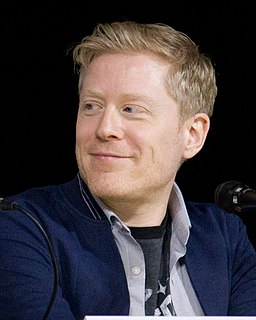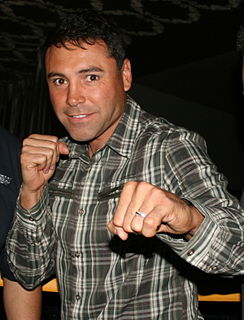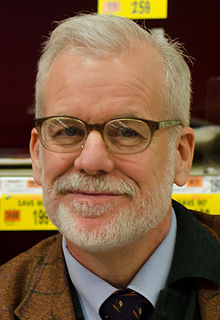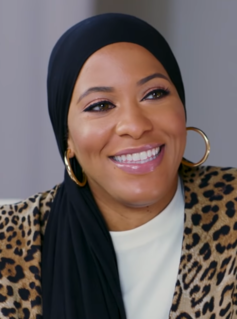A Quote by Anthony Rapp
In our culture I think most people think of grief as sadness, and that's certainly part of it, a large part of it, but there's also this thorniness, these edges that come out.
Related Quotes
I think grief is a huge subject; it's one of the things that everybody is going to confront in one way or another. There's been a lot of books written about how Americans have an odd way of trying to defer grief or minimize the need to grieve. People used to have a lot more ritual grief in their lives. For the most part, we think of it as a strictly temporal process: you grieve for a time and then you're over [it], but it's also a spatial process. It travels across a map.
I really believe that all of us have a lot of darkness in our souls. Anger, rage, fear, sadness. I don't think that's only reserved for people who have horrible upbringings. I think it really exists and is part of the human condition. I think in the course of your life you figure out ways to deal with that.
I think that when you're depressed, you can't concentrate long enough and well enough to read for the most part; some people can, but by and large people - that's one of the first things that goes, is the capacity to read meaningful literature. With grief, that's not true. For a while you can't read, but then you really are amenable to solace.
No one has done a study on this, as far as I can tell, but I think Facebook might be the first place where a large number of people have come out. We didn't create that - society was generally ready for that. I think this is just part of the general trend that we talked about, about society being more open, and I think that's good.
It is very important to understand that pluralism is part of our system. We don't all think the same thing and part of our strength is that we come from different perspectives. We have to respect one another even when we disagree with each other. There has to be a spirit of tolerance for the views of others, while also being deeply committed to the positions we hold. If we do that, I think we can coexist and learn to love each other better.
It brings me great grief and sadness to hear of the passing of one of the best and most respected trainers of this era, Emanuel Steward. I learned a lot from him during our professional relationship and I will be forever grateful for his help during that time. We were also friends and I know I am going to miss him as so many others will too. He was an important part of our boxing community.
A good part of 'The Information' is about the transition from an oral to a literary culture. Books effected such a great transformation in the way we think about the world, our history, our logic, mathematics, you name it. I think we would be greatly diminished as a people and as a culture if the book became obsolete.
If I think about most of America, and maybe I'm terribly wrong...but I think most of America would say that they're not in favor of gay marriage. But there is certainly a large cohort, not a majority but a large number of people, who are articulate and vocal and they'd rally behind this. They're making their opinion known.
That's grossing money for other people that has a multiplying factor, but the government doesn't see that. It doesn't see that making a film or culture or art is part of our economy. But the main reason is this, it's part of our identity. I think cinema is the memory and the imagination of the country. Take the memory and imagination out of an individual and he's stops being an individual.
In France, we have laïcité, which means that atheism is almost our state religion. But I think a very important part of Western culture is in the centuries when Christianism was dominant and was present in almost all works of art - not only liturgical works, but also literature and music. Yes, it's important to have that in our present. It doesn't mean that people have to adhere to a dogma or practice a religion, but it's part of our heritage, and you have to at least try to understand it. Otherwise you can't be a modern person.




































